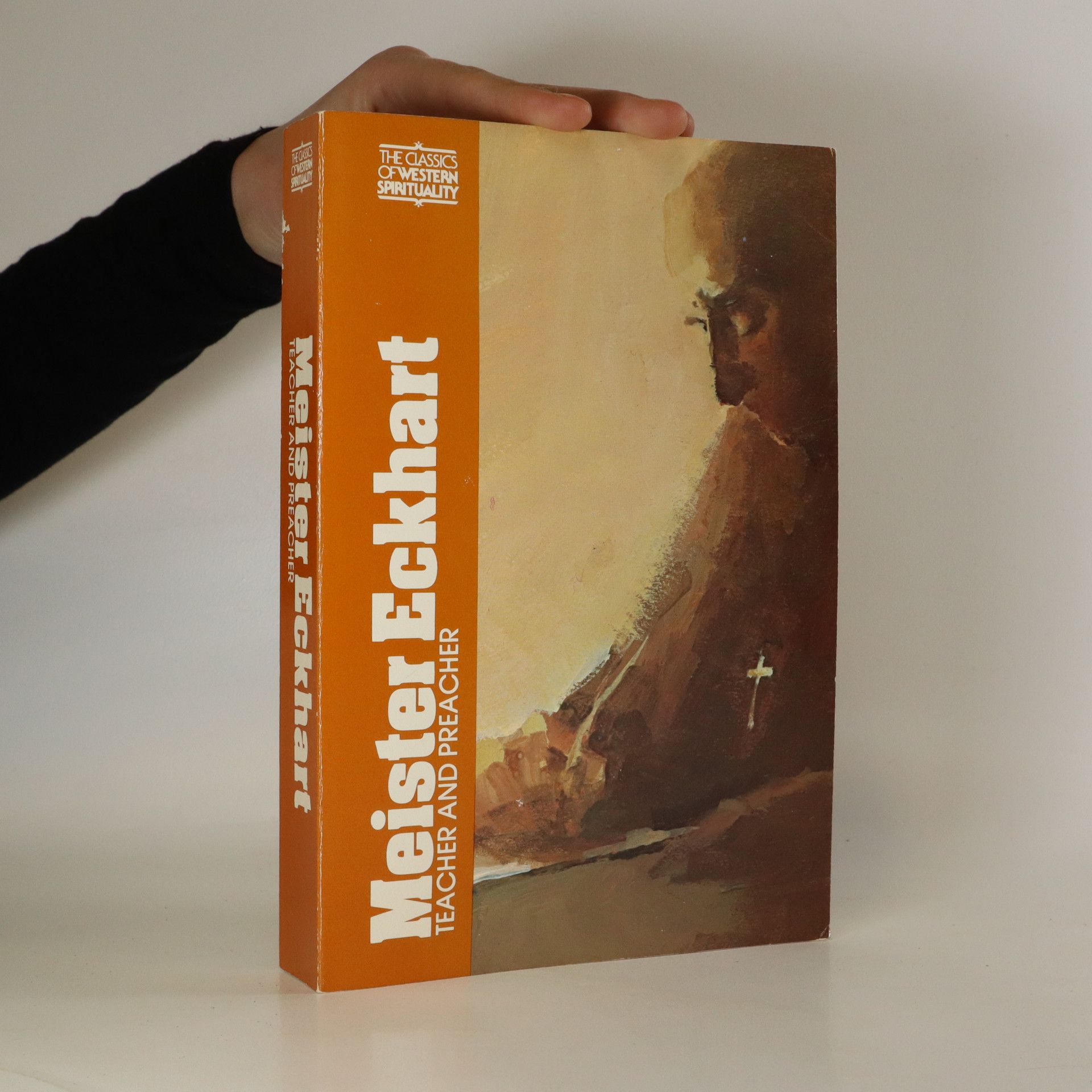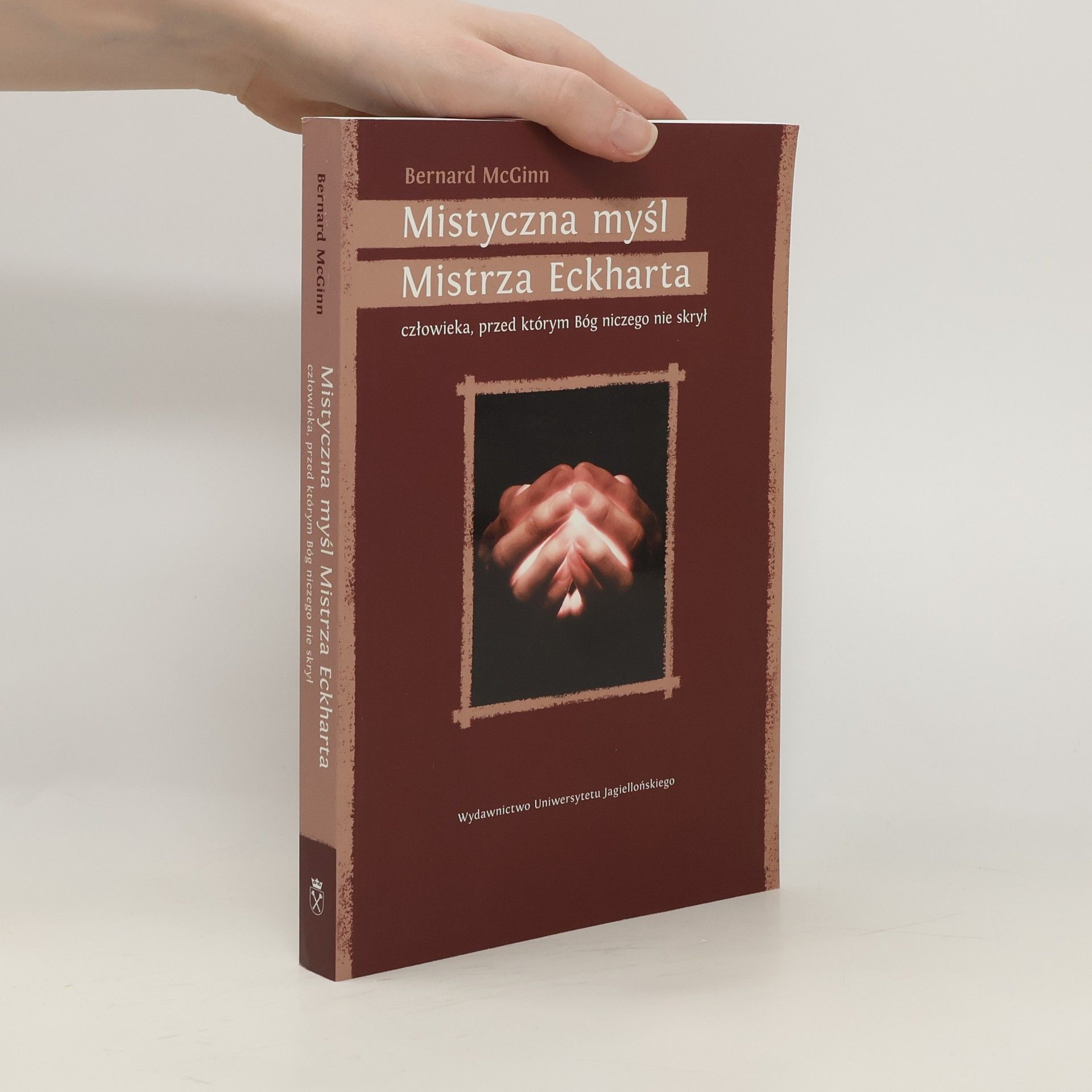Die Mystik im Abendland
Verzweigung. Die Mystik im Goldenen Zeitalter Spaniens (1500-1650)
- 512 Seiten
- 18 Lesestunden
Band 6/2 von Bernard McGinns Mystikgeschichte behandelt die Mystik im Goldenen Zeitalter Spaniens, fokussiert auf Ignatius von Loyola und die karmelitische Mystik von Teresa von Ávila und Johannes vom Kreuz. McGinn beleuchtet religiöse und philosophische Strömungen und bietet einen umfassenden Zugang zur Mystik der abendländischen Kultur.



